Divinity: Original Sin is an admirable achievement by developer Larian Studios. The game serves as a prequel to their long-running Divinity series, but it feels like this is the game they have always wanted to make. The team turned to Kickstarter to get Divinity: Original Sin made, supposedly because publishers wouldn’t allow them to do what they felt was right for the game. Playing through Divinity: Original Sin you can see the passion that the developer had, but also feel some of the issues that those publishers might have had a problem with.
Divinity: Original Sin is meant to be a revival of the old-school RPG’s of the past
Divinity: Original Sin is meant to be a revival of the old-school RPG’s of the past. You control a party of up to four characters, two of which are created by you. With your party you will go on quests, fight monsters, and encounter interesting characters along the way. Fighting is turn-based, with each character having a set amount of action points to spend each turn. Every action will use some action points, and you are able to save them up for later turns if you would like. Dialogue is also unique in that all of your characters can talk to each other as well as NPC’s. If you are really into role-playing you can use this mechanic to form your own story between characters, such as having them disagree over stealing, or spend all their time praising each other.
This dialogue system is really put to its fullest exteent in the game’s two player mode. When another player joins your game they take control of your other main hero. You can adventure together, or split up and go your separate ways, it is all up to you. When you do enter a discussion together you can disagree in-game resulting in a fun mini-game of rock, paper, scissor. These also happen in single player, and they are a nice diversion from the usual dialogue systems found in RPGs.

The opening mystery of Divinity: Original Sin involves a murder and “sourcery”, which is Divinity’s form of magic. As Source Hunters it is your job to find out who has been dabbling in the dark arts, and bring them to justice. Along the way you can, of course, take on tons of side-quests and generally explore the vast, open world of Rivelon. This is just the beginning of the story though, later on you will learn a lot more about the world and how it fits into the larger aspects of the universe. Once it has opened up later on the truly intrigue begins.
The beginning of Divinity: Original Sin summarizes a lot of the experience that you are about to embark upon
Unfortunately, before you get to that intrigue you have to get through the large wall that is the beginning of the game. The beginning of Divinity: Original Sin summarizes a lot of the experience that you are about to embark upon. Once you have created your two main characters you are dropped into the world of Cyseal with little idea of what to do, how to do it, and where you might want to go next. This feeling will permeate your entire time with Divinity: Original Sin.
At one point I had to completely restart my game because the two characters I had created would never be able to make it through without some serious level grinding. Going back to the beginning and adding in more range and magic abilities made the experience much more enjoyable, but I prefer hand-to-hand combat in my RPG’s and I felt like Divinity: Original Sin was forcing me to play in a way that went against my instincts.
This feeling of being lost and confused is only exacerbated by the difficulty of the game. Divinity: Original Sin has less of a difficulty curve, and more of a difficulty mountain with cliffs, and peaks scattered all around. Going through a cave or dungeon you might find that most enemies are easy to dispatch, but then run into a group that completely destroys your team. If you get creative you can sometimes make it past these difficulty bumps, but a smoother transition would have been nice.

Forcing you to get creative isn’t necessarily a bad thing though. In fact, creativity in combat is one of Divinity: Original Sin’s greatest strengths. Using various magical abilities and items you can create very interesting battles thanks to Divinity: Original Sin’s great attention to detail. To give an example, imaging that your party comes upon a group of four skeletons. You can use a spell to freeze them, then hit them with a fire spell, melting the ice, at which point you can electrocute them all, killing or stunning them for a few turns. Or, you could have covered the ground with oil and lit it on fire, creating a barrier that will damage them, and possibly s smokescreen preventing ranged attacks. These are the moments in which Divinity: Original Sin shines, but they will take a lot of learning and dedication if you ever want to see them.
Other aspects of the game harken back to the classic PC RPG’s of the past. However, a few of the older elements could have used more modern upgrades. The inventory system was the worst offender, having each character in your party control its own separate inventory was tedious and annoying. Let’s say I pick up a new piece of armor, I then have to go into the inventory of the person who picked it up to see if it is right for them. If not I then right click and send to another party member and repeat the process. And if the item is more important than mere armor the issue intensifies greatly, such as one character having a key. You then need to use that character to open the door, otherwise it will remain locked and not give you any hint that your friend, who is standing right next to you, can easily open it.
It is a small annoyance, but it exemplifies the old-school mentality behind the game which could ward off more casual RPG fans. If controlling and managing four completely separate characters, stats, levels, and inventory is what you enjoy, and I’m sure many out there do, then Divinity: Original Sin will provide that experience that few other games do.

Another example of this older mindset comes in the form of quests and your journal. Your journal will update with the last piece of information you received, but not actually help point you in the right direction. Likewise many times you will not be given an objective marker or even a hint at where you should go next. During the opening mystery I spoke with someone who revealed an important piece of evidence for the case. I took it to the Legionnaire’s leader hoping to progress the mission somewhat. Instead I was simply told that I needed more evidence and sent on my way. Since I had spent the last hour simply trying to get this one piece of evidence I was left baffled as to where to go next.
Still, with all of these elements that I had trouble with Divinity: Original Sin is a fun and unique experience. The turn-based combat is interesting and allows for multiple strategies. The way you influence the world through your actions and dialogue makes it a truly immersive experience. And it takes classic elements from older RPG’s and modernizes some of them to near perfection. I just wish it had not adhered so strictly to the past in the areas that do nothing but cause confusion and frustration for the player. If, however, you enjoy that feeling and want to figure out every little aspect of the game by yourself then Divinity: Original Sin is exactly what you have wanted for a while. And since the game ships with the developer’s tools you should get tons of adventuring done once the community really gets a handle on it.


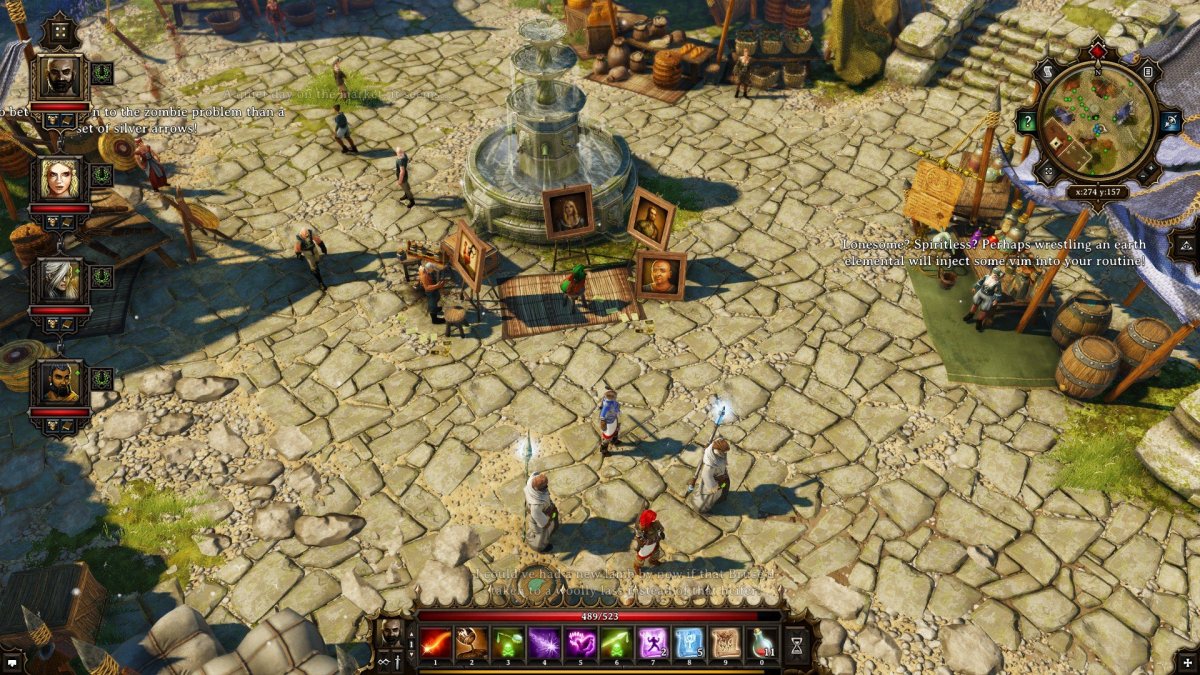
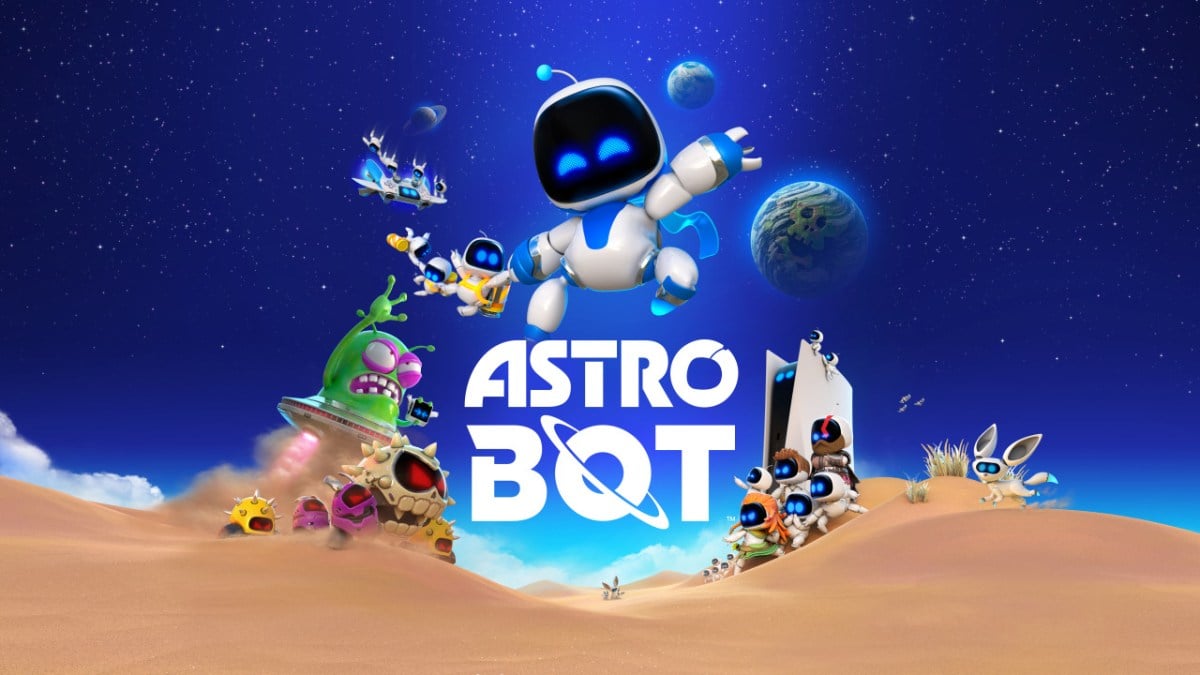
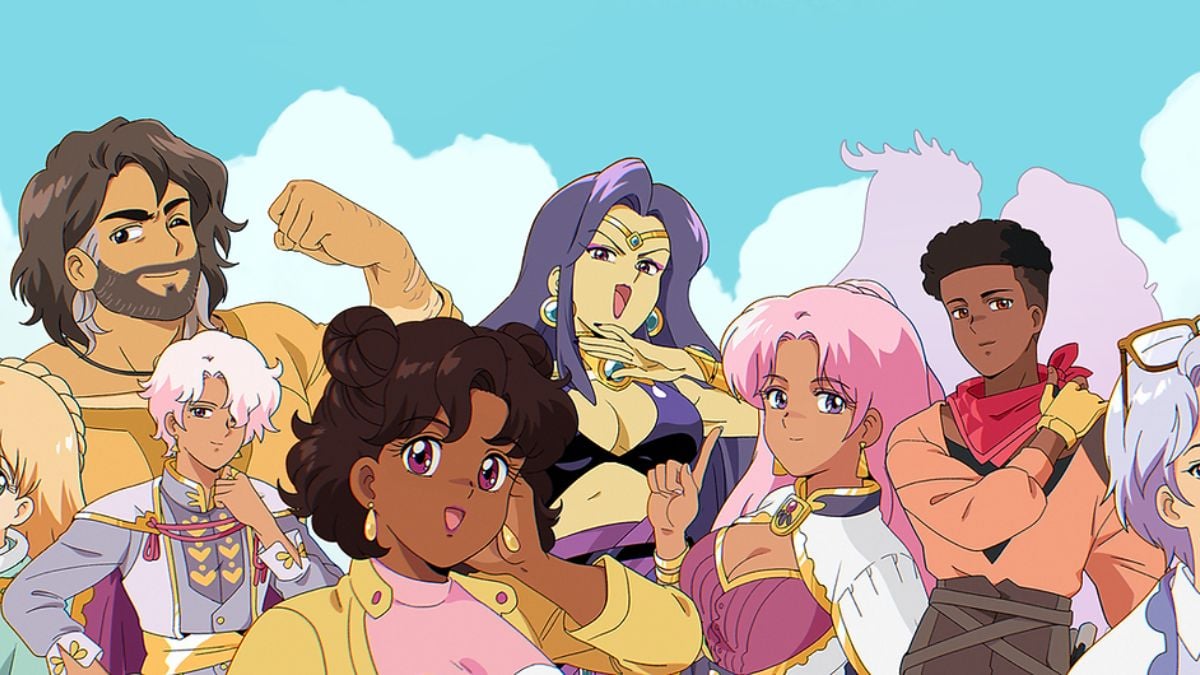
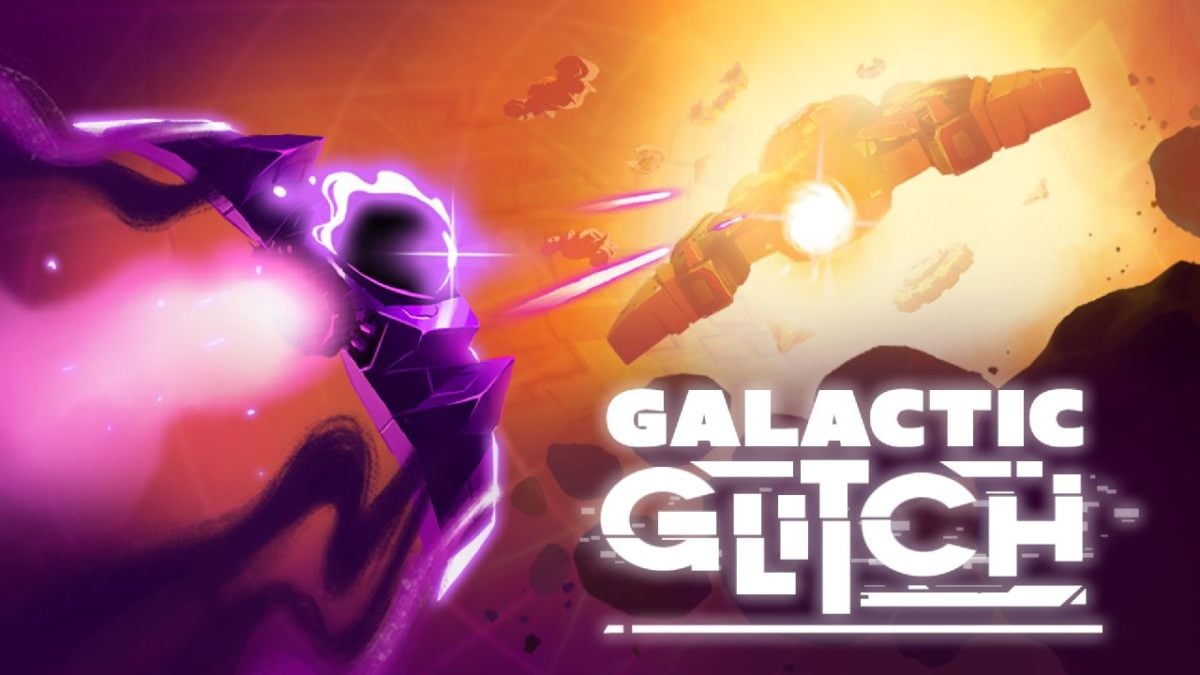
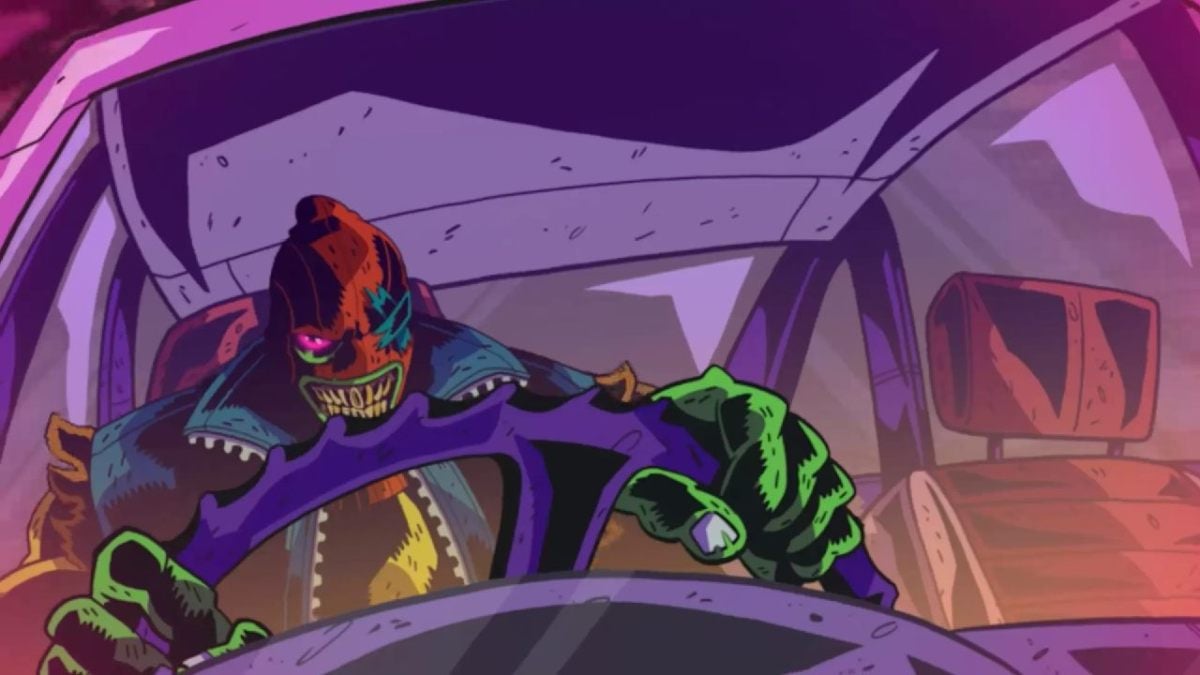
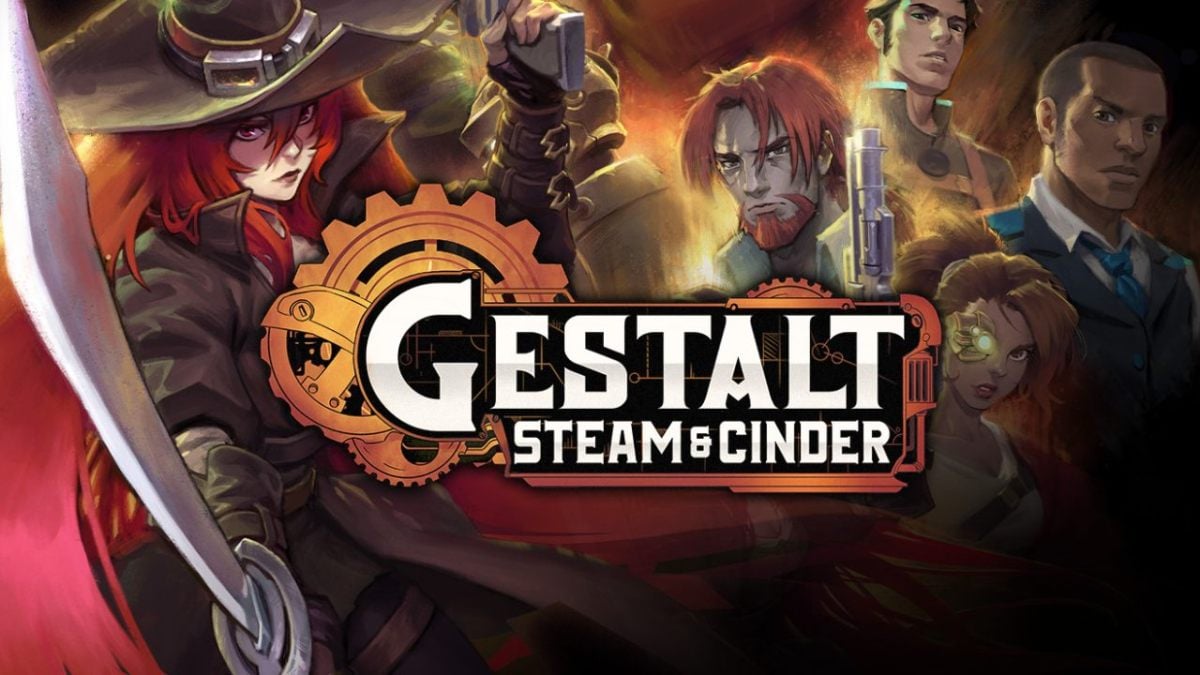
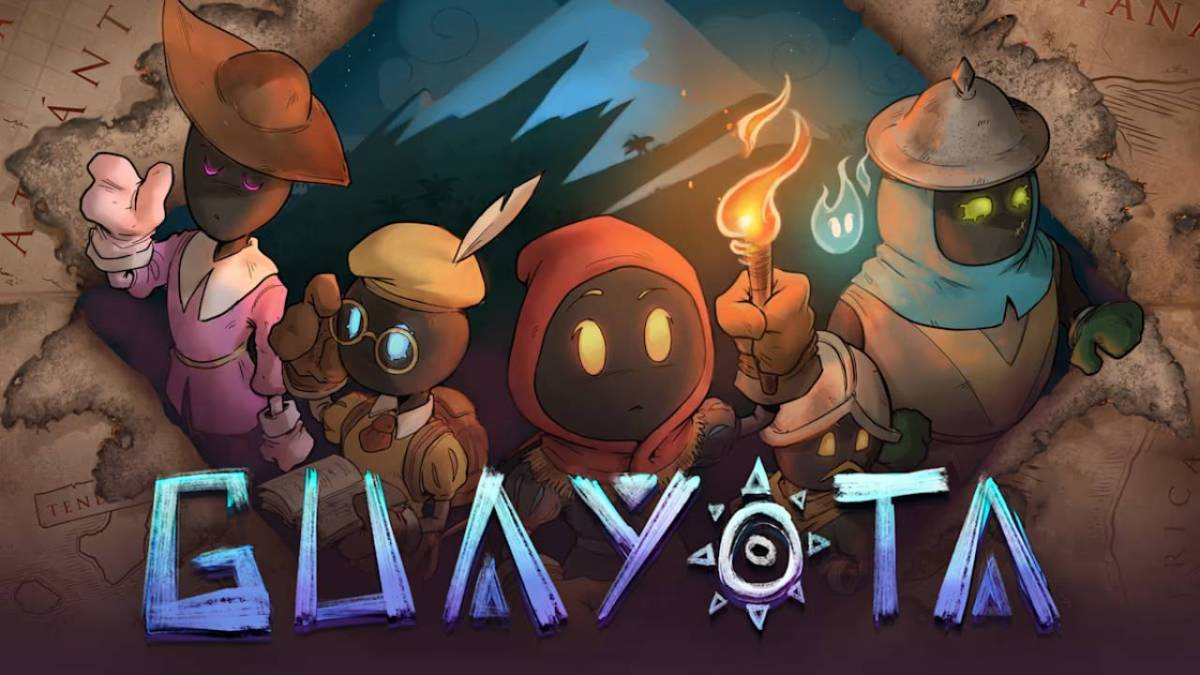

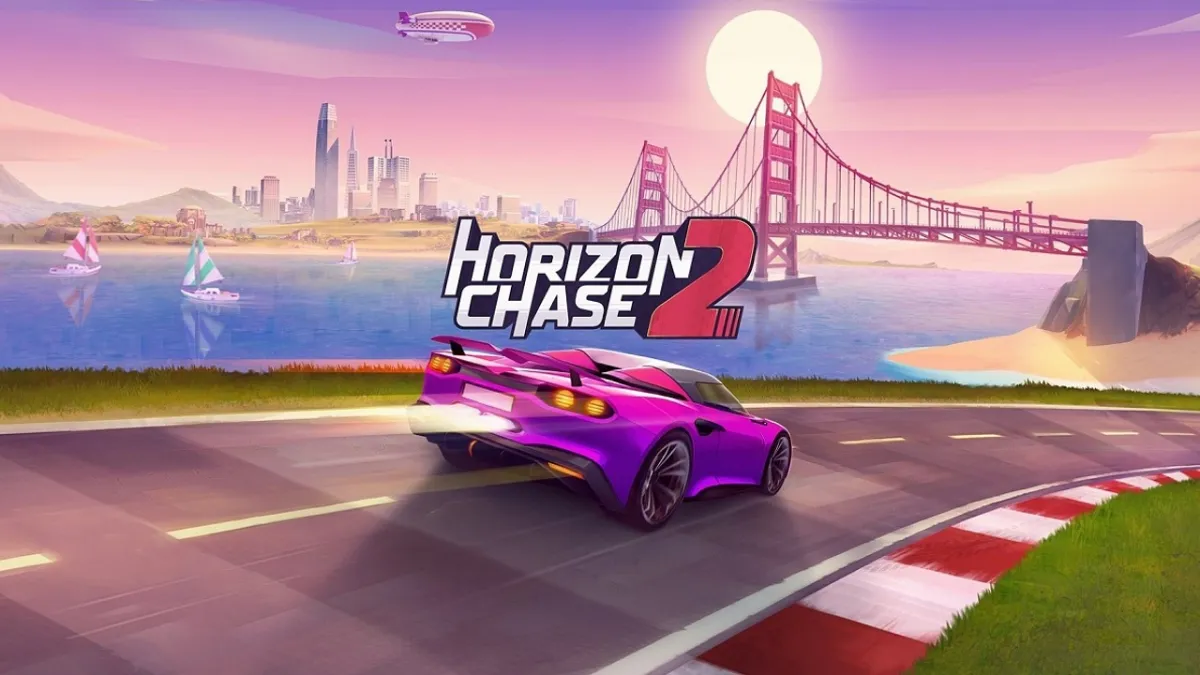
Published: Aug 4, 2014 02:17 pm